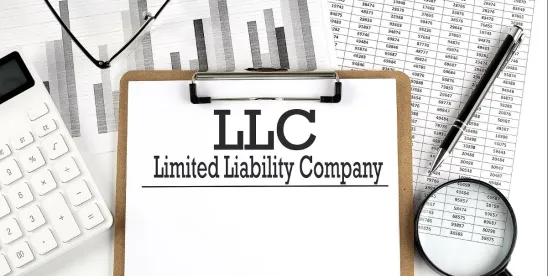The Pennsylvania Commonwealth Court held that the statutory division of a limited liability company (“LLC”) which resulted in the original LLC and five new companies—with each of the new companies owning a portion of the real estate of the original LLC—was not subject to state and local realty transfer tax as there was no transfer of real estate as contemplated by the statute. Kunj Harrisburg LLC, et. al. v. Commonwealth, No. 390 F.R. 2020 (Pa. Cmwlth. Jan. 10, 2025).
The Facts: Kunj Harrisburg LLC (“Kunj”) owned a Condominium Association consisting of seven condominium units in Adams County, Pennsylvania. Pursuant to the Entity Transactions Law (“ETL”), it subsequently filed with the Department of State a Statement of Division and an accompanying Plan of Division which divided Kunj into six companies consisting of Kunj and five new companies. Kunj remained the owner of two condominium units and each of the five new companies became the owner of one condominium unit. The six companies recorded deeds in Adams County reflecting the Plan of Division and claimed exemption from the realty transfer tax.
The Department of Revenue issued Notices of Assessment to the five new companies asserting that the deeds did not qualify for exemption and assessing tax. The companies were unsuccessful in their appeals to the Board of Appeals and the Board of Finance and Revenue.
The Decision: The Commonwealth Court first reviewed the realty transfer tax which imposes tax for the recording of any document and which defines a “document” to include any deed which conveys title to real estate in the Commonwealth. It then looked to the ETL which permits an entity to divide into one or more new associations and which states that the property allocated to a new association vests “without reversion or impairment, and the division shall not constitute a transfer, directly or indirectly, of any of that property.” 15 Pa.C.S. § 367(a)(3)(ii).
Relying on the “unambiguous language” in the ETL that an association created through a statutory division is a successor to the dividing association and does not acquire its property through the transfer of the property’s beneficial interest, the Court concluded that each deed at issue did not convey title to real estate, that each deed was therefore not a “document” as contemplated by the realty transfer tax law, and that no tax was due.
This case demonstrates that when there is unambiguous statutory support for a position, while it may take a couple of levels of appeal, a taxpayer should be victorious despite a taxing agency’s position.



 />i
/>i
